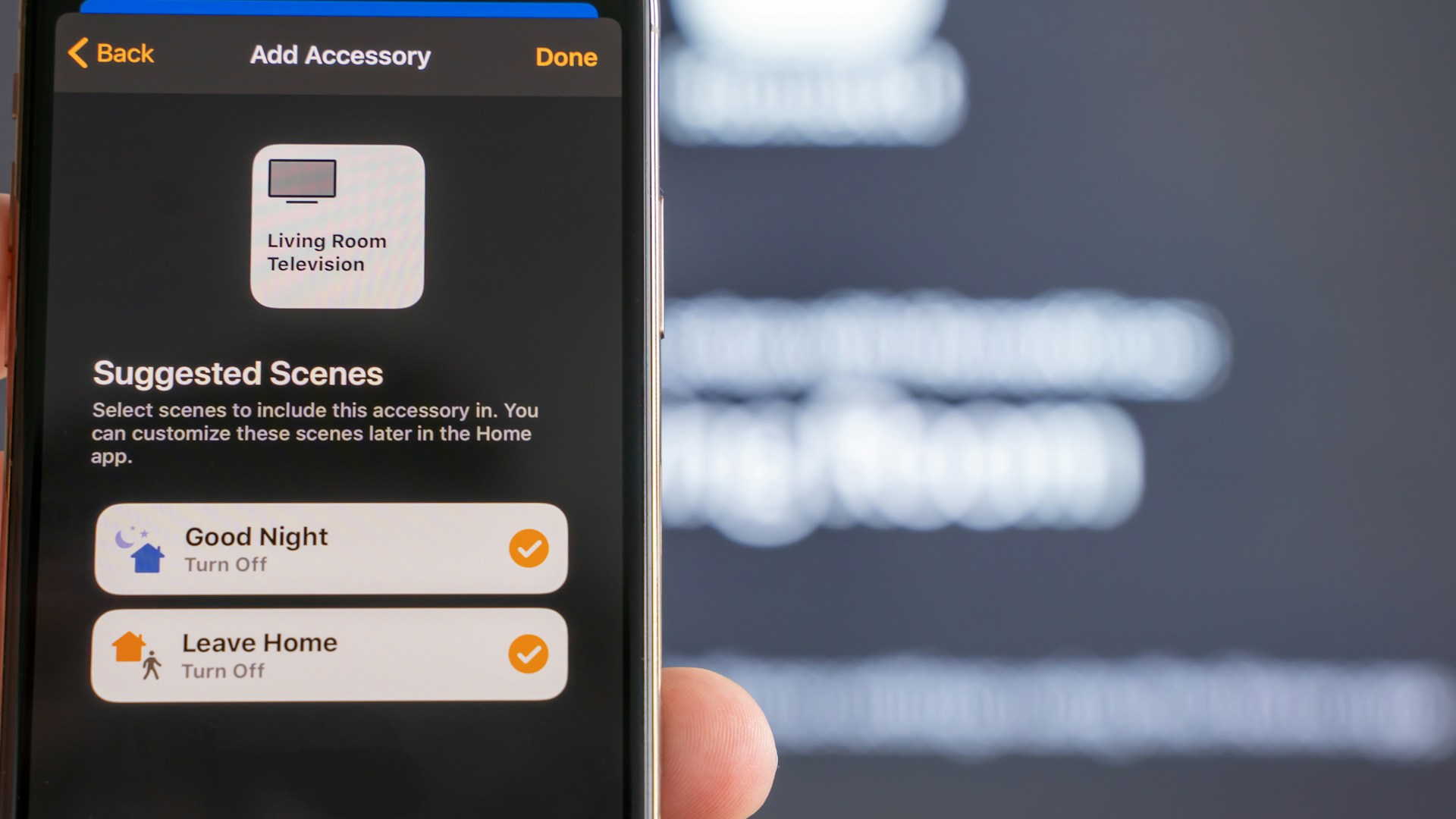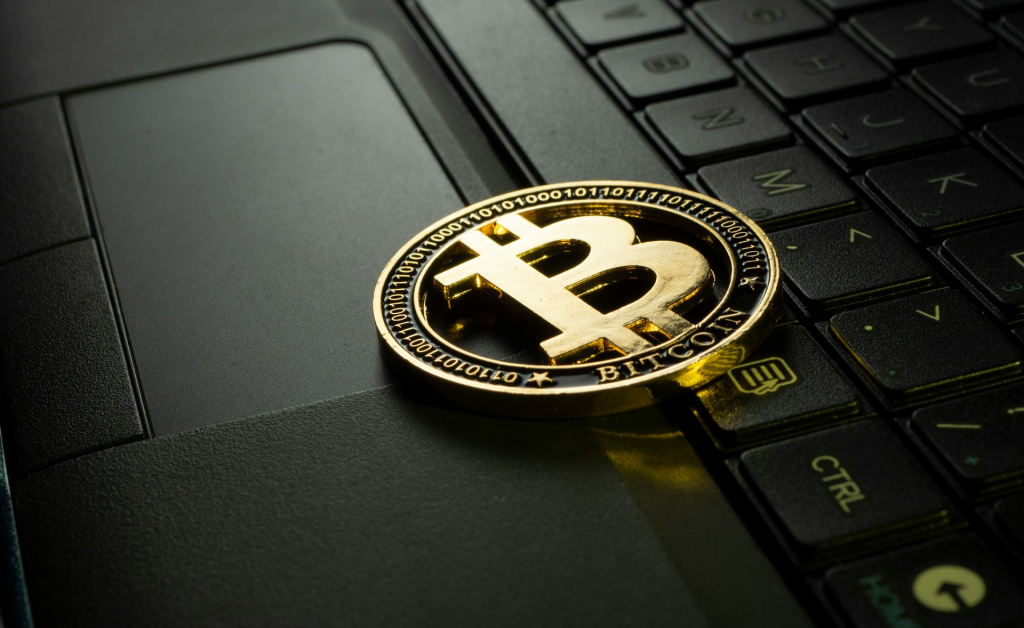The digitalization of intelligent residences and what this means for the end-user
2 months ago - 2 minute(s) read
In today's fast-paced world, the notion of smart homes has become increasingly popular, promising to revolutionize the way individuals live. From intelligent thermostats to voice-activated assistants, the digitalization of residences is changing the game, making living spaces more convenient and efficient. In this article, we'll explore the trend of smart homes, looking at the technologies behind them and the benefits they bring to homeowners.

At the core of smart homes is the integration of connected devices, also known as the Internet of Things (IoT). These devices, equipped with sensors and internet connectivity, allow seamless communication and interaction between different parts of the home. From intelligent appliances like refrigerators and washing machines to security systems and lighting controls, IoT devices give homeowners greater control and convenience in managing their residences.
One of the significant advantages of smart homes is automation. With intelligent scheduling and remote access, homeowners can automate tasks like climate control, lighting, and security. This not only makes life more comfortable but also saves energy and reduces utility costs. Whether adjusting the thermostat from their phone or setting up automated lighting based on occupancy, home automation simplifies daily routines.
Voice-controlled assistants and artificial intelligence (AI) are also driving the digitalization of smart homes. Platforms like Amazon Alexa and Google Assistant act as central hubs for voice commands, allowing users to control devices and access information using natural language. With AI algorithms, these systems learn user preferences over time, providing a personalized experience for homeowners.
Smart homes are not just about convenience; they also promote energy efficiency and sustainability. By monitoring energy consumption and optimizing usage patterns, intelligent home systems help reduce waste and lower utility bills. Integration of renewable energy sources like solar panels further enhances sustainability, allowing homeowners to generate their own clean energy and reduce their carbon footprint.
Enhanced security is another key aspect of smart homes. With surveillance cameras, motion sensors, and intelligent locks, homeowners can monitor their properties remotely and receive real-time alerts for suspicious activity. Intelligent home security systems provide peace of mind, allowing homeowners to control access and keep their homes secure from anywhere in the world.
The digitalization of smart homes offers a transformative way of living, making residences more efficient, convenient, and secure. By embracing this trend, homeowners can create personalized living environments that adapt to their needs and preferences, ushering in a new era of modern living. As technology continues to evolve, smart homes will undoubtedly play a central role in shaping the future of homes and communities.
The right kind of developers for your strategic needs (and where to find them)



